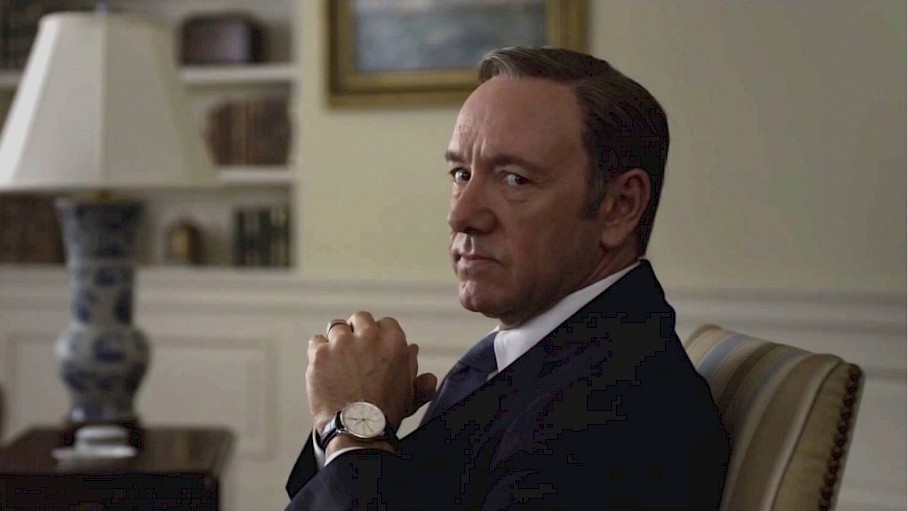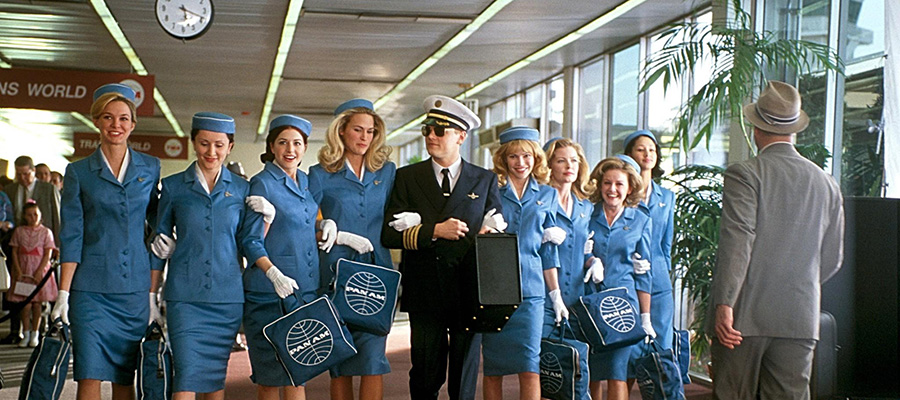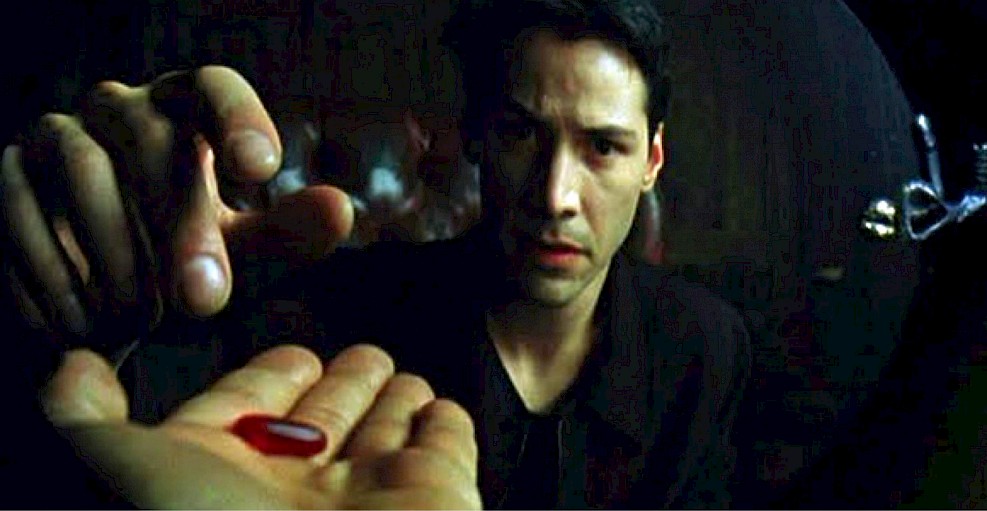Ask your question
Give a brief description of your objective.
We will contact you soon
How to choose your event agency and not regret it later
There are a lot of offers currently on the market, so you need a detailed guide on how to choose your event agency. Even if you are already working with a certain contractor, sometimes “fresh blood” and new creative ideas are needed.
You have your brief for your corporate event ready. Now you are facing a new problem: how do we choose the best agency, or the tender participants?
There are many offers currently on the market, so you need a detailed guide on how to choose your event agency. Even if you are already working with a certain contractor, sometimes “fresh blood” and new creative ideas are needed. In this article we discuss the best ways to choose the agency, which would organize your event, taking into account your corporate goals and your budget.
The main criteria
1. Professional qualifications and experience
How many years has the agency been on the market for? Which projects have they realized? Which companies are on their client roster? Which suppliers are they working with? How competent their staff is? It would be best if the agency’s portfolio already has some projects similar to yours.
2. Business reputation
The best agencies are highly recommended by their clients and industry experts. Membership in professional associations, such as NAEO - National Association of Event Organizers, is also a factor “in favor”. The members of NAEO are highly reputable and experienced professional agencies.
Check the list of NAEO membersThere are ratings published by industry media, professional and industry awards, which may also be of help. However, the event industry ratings are not the best indicator, because it’s not easy to objectively evaluate and compare the level of success of various agencies and how effective were their projects. Besides, in some cases agencies simply buy a place in the ratings or a nomination for an award.

Unimpeachable reputation
The best would be to go by the total work experience, the portfolio of successful projects, recommendation letters and other criteria of a good reputation.
3. Communication comfort and the level of services
How timely the agency responds to your messages, how polite they are, how do they take your requests into account? An agency should not only be ready to answer all of your questions, but ask questions themselves, be proactive, appear interested in the project.
A good agency appoints a project leader to every project: that person should act as your personal guide tuned in to all the possible issues. It’s uncomfortable, if you have to discuss the transportation issues with Vasya, catering with Lena and design with Dasha, isn’t it? It would be a lot easier for you to communicate with a single person, who is aware of all the developments.
4. “Turnkey” services
An event agency should be prepared to organize an event in its entirety. That way, you are spared a lot of headache, which is the main goal of every client seeking help in organizing a corporate event. Ideally, you should get a brand new party in line with your concept, and avoid all the accompanying problems: the contractor’s work is to take care of those.
Clarify beforehand, if the agency handles the routine work, or if you would be involved in the process, while the contractor supplies only the show program or the banquet.
5. Flexible pricing
An agency should be ready to optimize costs and offer various solutions based on their client’s budget.
How not to waste your budget6. Self-sufficiency
Which services does your agency provide independently, without subcontractors’ involvement? If they involve subcontractors, how reliable are they, and do you have any information about them?
If an agency has all the necessary professionals on staff, the risk of force majeure events goes down. However, it’s fine to trust your event to a company with reliable partners’ network. If you don’t know, whom your agency entrusts important tasks to, you run a risk that your event will suffer if third party contractors default on their obligations.
7. The agency’s assets
Pay attention to the agency’s resources and support services. For example, if an agency has their own park of vehicles, you will have to pay less for transport services, compared to an agency, which would subcontract the transfer to a third party. The same is true for video editing services, lease of props and the rest.

Hard choice
Above we listed the main criteria you have to evaluate; it would be best for you to consider all of them. Now all you have left is to choose the specific agencies. If you hold a tender, we recommend you make your choice of 3-4 candidates, so that you don’t overly complicate the situation for yourself. It is advisable to hold a personal meeting with each candidate to discuss your project in detail.
How to choose the type of the agency
When you choose the type of your agency, keep in mind the goal of your corporate event and your own capabilities.
A celebration without an objective means money wastedThe first question, facing a person who is responsible for organizing an event: should I go to a large or a small agency, a specialized, or a general one? Let’s look at the positive and the negative sides of each our option.
Large event agencies
Those are the logical choice of large companies. The production process in such agencies is a well-oiled mechanism, they have concept catalogues and resources to realize large scale project and series of events. However, large agencies work with large budgets; if you go to them with your small-scale event, they wouldn’t be interested and likely refuse your project.
Small event agencies
They are more considerate in their approach; often they may create custom concepts individually for every client. With them, you can be proactive, participate in the concept development, and control every detail. However, the project deadline might be extended, they ask for more time to prepare the event, and not every small agency is capable of organizing a large-scale event.
Specialized event agencies
They have clearly defined positions on the market, organizing, for example, only training, or only teambuilding sessions. If you are sure which event format you need, it would make sense for you to contact one of those agencies. If you have not yet decided, or you want to combine elements of different format, you’re better off working with general profile agency.
Study your agency’s “face”
Most of the event agencies have official websites and social network pages. You would want all the necessary information to be there.
1. Portfolio
A quality portfolio is the main criterion for your choice. It would be the best if each of the projects has a detailed description: how was the event organized, what were the client’s goals, how were they achieved.
Sometime an agency has only a tangential relationship to a project, but includes it into their portfolio, as if they were the sole organizers. If the portfolio doesn’t have the complete information, ask for details, grill the agency representative about the event.
Pay attention to the agency’s participation in international, large scale events, and other outstanding moments in their work, Keep in mind, however, that there are certain specialized, small agencies without any experience in large project, but reliable when it comes to their field of expertise.
2. Reviews and acknowledgements
All the web sites now have review pages, which could be bought or fabricated. Recommendation or acknowledgement letters certified with the recommending organization’s seal are a good indicator. Those are harder to forge, and you may always verify them by contacting the agency’s former clients and asking them about their opinion on the agency in question.

Catch me if you can
3. Clients
If an agency has rock solid recommendations, they should have no shortage of reputable clients.
The presence of well-known logos at the company’s website or in a presentation does not guarantee that the agency has actually worked with those companies. So, always verify your information. Look through the agency’s portfolio for the last two years: if in that time, there are no projects done for serious clients, it means that large companies avoid that agency.
4. Employees and partners
Information regarding employees and partners is important to understand you contractor’s level. The quality of event organization depends on the agency staff’s professional qualifications. If the website specifies the levels of education and experience for event managers, creative developers and other employees, that is a good sign.
If the agency’s portfolio says that they organize 30 events in a month, while there are only two managers on their staff, you are dealing with a broker. Review your agency’s roster of partners to minimize the risks.
A large network of professional contacts demonstrates that the agency is able to solve any unexpected problems quickly. For example, they could invite another artist instead of one that has fallen sick, or switch the restaurants, if there’s any force majeure event.
How to start communicating
The first stage of communications means that you submit a detailed brief, and the agency reacts to your request in a professional manner.
How to fill a brief in without dyingPay attention to how quickly the agency responds to your messages, how eager they seem to start working on a project, how competent they are in their communications. Do not be afraid to ask uncomfortable questions; watch how the agency’s representative reacts to them.
Focus on the customer
During the first contact, you can already feel which one of the candidates understands you better and whom you feel more comfortable talking to. The focus on the client, understanding the client’s objectives, a desire to ask questions and understand the industry is extremely important in organizing an event, which would improve your company’s image.
Competency
The agency’s representatives should understand the goals, which you are trying to achieve via your corporate event, and offer efficient solutions, taking your objectives and your budget into account.
Competent professionals are not afraid to defend their point of view and support their arguments with experience. They do not pressure you, but offer alternate solutions in case they are proven wrong.
Best fit for the purpose
The star agencies, which refuse to listen to their clients; the narrow thinkers with standard approaches to every objective; the yes-men, who do not take any initiative, are all ill fit to organize a really unforgettable event.
How to hold a tender
Governments or commercial organizations can hold the tenders in an open or limited format. In some cases, tenders are held on websites or special platforms, where the agencies submit their bids. In other cases, organizations find contractors and submit briefs to them.
Tender types in more detailTenders are held if there are several worthy candidates. Usually, 3 to 10 agencies participate in any given tender. The selection process usually goes in three stages:
- First, you ask the event agency to make a selection of projects from their portfolios. One group would be the projects of the type that you need. And the other one would be the projects that the agency is particularly proud of. That way you can assess their competences and willingness to work.
- Ask the agencies of your choice to create the event concept with justification for why it will achieve the desired effect. Do not go overboard with your demands, asking for more than one concept: the preparation will take up many resources, and some good agencies might refuse to participate in your tender. Look how unique the offered concepts are: were they designed specifically for you, or rather they remind something copied from a standard template.
- Choose 2 or 3 agencies and ask them to develop detailed scripts with cost estimates. From those, you are going to choose one winner, who would organize your event.

It’s time to make your choice
Tender bids are evaluated based on the concepts’ creative potential and their conformance to the company’s goals and the budget.
Taking stock
Control the choice of the agency, if the procurement staff is involved. The human element is always present - the managers may choose the agency, which is not the best for you, but the one they like better, or the one they got a kickback from.
Evaluate the concepts first, not the final budgets. The way the agencies execute their proposals is also important. Often you could see the effort that went onto their development, at first glance. A presentation made “on the go” tells a lot about the contractor’s attitude to their job.
Read the cost estimate carefully. Sometimes the low price is due to some cost positions being underreported. Ask questions about each line that seems too cheap or too expensive to you.
An internal tender’s objective should not be to choose the cheapest proposal or the lowest cost of the services. There are two reasons for that:
- Inexperienced agencies often ask for the lowest fees and the cheapest budgets. Think, how prepared you are to work with a rookie agency.
- An agency offering a low price might approach their job as a “box ticking” exercise, or choose subcontractors when the project is already underway. The project might suffer as a result.
The final stage should be a meeting with the likely winners. A personal meeting will enable you to get some additional information about the agency representatives’ confidence and make sure that you’ll have good time working together.
Conclusion
To summarize, usually the agency is chosen in three stages:
- First, we review the list of the agencies to submit our briefs to.
- From the candidates, who gave their answers to our requests, we choose the best ones based on the concepts offered and other criteria described above.
- Then we choose the winner, who would organize our event.
In our next article we will discuss the event concepts: how to choose the best idea and surprise your guests.